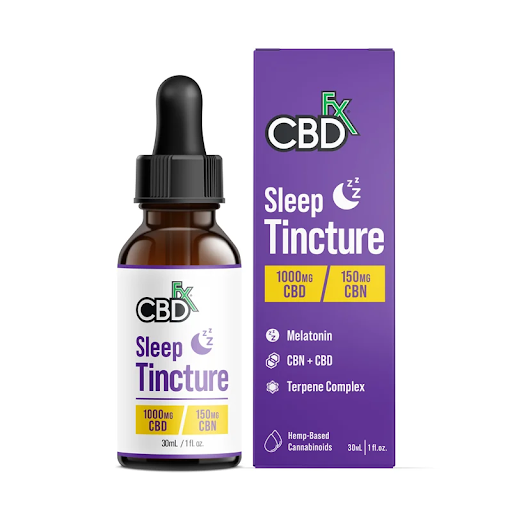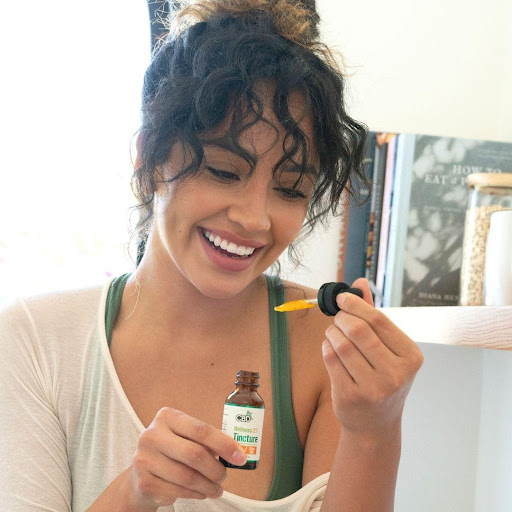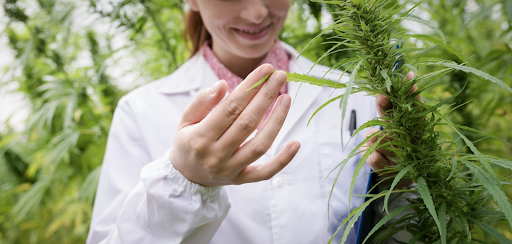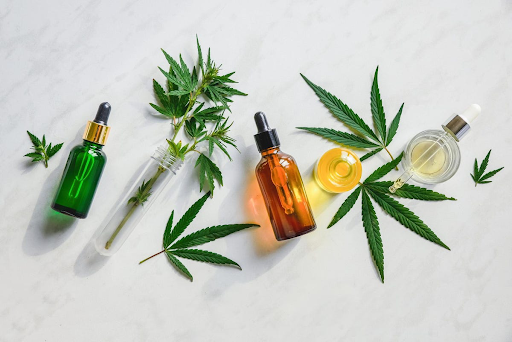Today, it’s nearly impossible to go a day without hearing about CBD oil, and with reason. Cannabidiol (CBD) is now undergoing intense investigation for its potential utility in the treatment of a number of illnesses, and the results are encouraging. CBD oil is being used by an increasing number of individuals to treat a variety of conditions, including inflammation, anxiety, chronic pain, and irritable bowel syndrome (IBS). If you’re also intrigued about the potential advantages of CBD oil but are new to utilizing it, have no fear! This tutorial will teach you all you need to know to begin using CBD.
What Is Cannabidiol (CBD) Oil?

Cannabidiol (CBD for short) is a component present in the cannabis plant, along with 113 other (as of yet unidentified) compounds. These active ingredients are referred to as cannabinoids.
Unlike the widely used cannabis ingredient THC (tetrahydrocannabinol), cannabidiol is not psychoactive. In other words, people can utilize it without fear of being “high.”
Perhaps this is one of the primary reasons that various products containing cannabidiol have gained such popularity among customers. CBD oil sleep tincture for anxiety may be used to treat a variety of medical ailments. In addition, it can also be used in a regular diet to help maintain health. Certain states are allowing it to be prescribed medicinally by a health care provider as well. If you live in PA, for example, your doctor would be able to help you figure out how to get a medical marijuana card in Pennsylvania.
- CBD oil is one of the most popular CBD products for treating a variety of illnesses.
- A soluble form of cannabidiol in coconut or hemp seed oil.
- CBD may be extracted from either marijuana or hemp. CBD hemp oil and CBD cannabis oil are both commonly accessible.
- Because hemp has extremely little THC, the oil derived from it contains little to no psychotropic chemicals. Additionally, not all CBD-infused hemp oils are created equal. Some of them include CBD solely, while others may contain other substances.
- CBD cannabis oil may include a higher concentration of THC but also a higher concentration of CBD. That is why cannabis oil contains a higher concentration of CBD. In other words, more hemp plants will be required to extract the same quantity of CBD as cannabis plants.
When Is the Most Appropriate Time to Use CBD Oil?

When you first begin a CBD oil regimen, you may question when is the optimum time of day to consume CBD oil. While this may appear to be a ‘non-answer,’ the reality is that there is no one-size-fits-all time to take CBD oil. For starters, cannabidiol has a unique effect on each individual’s body. While some individuals find CBD oil to be energizing and prefer to take it in the morning, others have discovered it to be sleepy and prefer to use it as a mild sleeping aid after supper or before bed. When and for how long you use CBD oil will also depend on when and how long you require its treatment. If you’re using it to manage daily pain, taking a long-lasting version of it in the morning (e.g. drops, edibles, or topicals) may be the best option. If you rely on it for immediate relief, such as anxiety or unexpected pain, keeping a vaporizer close by ensures you have the quickest access to its advantages, day or night.
Simply put, the optimal time of day to use it is whatever works best for you.
How to Take CBD Tinctures or Oils?
The most efficient method of taking it is to follow the recommended dosage on the package. This varies by product. In general, shake the bottle, fill the dropper to the required level, and then drink the contents of the dropper. Keep the dropper away from your tongue to keep it clean. If you dislike the flavour of oil or find it difficult to get an appropriate portion quantity, have no fear!
Three Different Types of CBD Oil Extracts
There are three primary forms of CBD oils derived from hemp. There are three types of it: Full Spectrum CBD, Broad Spectrum CBD, and CBD Isolate.
- Full Spectrum CBD refers to a hemp extract that contains up to 0.3 percent THC.
- Broad Spectrum CBD is derived from full-spectrum CBD and then purified to eliminate trace quantities of THC. It provides the “entourage effect” associated with full-spectrum CBD without the risk of ingesting THC.
- CBD isolate contains no additional cannabinoids, terpenes, or other naturally occurring substances present in hemp.

Finally
It is a flexible supplement that a growing number of individuals are taking into their daily lives to improve their quality of life. CBD has a long and illustrious history of use that dates all the way back thousands of years. It’s critical to remember that CBD is not an FDA-approved medication; it’s classed as a dietary supplement. Therefore, if you have a chronic health condition or are on medication, see a physician before adding it to your diet. CBD may have an effect on the way your drugs work.










Забота о вашем доме – это забота о приятности. Тепловая обработка фасадов – это не только изысканный облик, но и гарантия сохранения тепла в вашем уютном уголке. Мастера, наша команда профессионалов, предлагаем вам преобразить ваше жилище в идеальный уголок для проживания.
Наши работы – это не просто теплоизоляция, это художественная работа с каждым элементом. Мы добиваемся гармонии между формой и содержанием, чтобы ваш дом превратился не только комфортным, но и роскошным.
И самое главное – доступные расценки! Мы полагаем, что качественные услуги не должны быть неподъемными по цене. [url=https://ppu-prof.ru/]Утепление фасада цена за 1м2[/url] начинается всего начиная с 1250 рублей за квадрат.
Современные технологии и качественные материалы позволяют нам создавать теплоизоляцию, долговечную и надежную. Прощайте холодным стенам и дополнительным тратам на отопление – наше утепление станет вашим надежным экраном от холода.
Подробнее на [url=https://ppu-prof.ru/]https://www.ppu-prof.ru/[/url]
Не откладывайте на потом заботу о приятности в вашем доме. Обращайтесь к экспертам, и ваше жилище превратится настоящим архитектурным шедевром, которое согреет вас не только теплом. Вместе мы создадим обители, где вам будет по-настоящему комфортно!
Уважаемые Друзья!
Предоставляем вам новаторское концепцию в мире оформления интерьера – шторы плиссе. Если вы мечтаете к безупречности в всякой детали вашего жилища, то эти шторы станут замечательным вариантом для вас.
Что делает шторы плиссе столь неповторимыми? Они объединяют в себе лоск, работоспособность и полезность. Благодаря особой литере, новым материалам, шторы плиссе идеально подходятся для какого бы то ни пола, будь то светлица, койка, кухонное пространство или должностное поляна.
Закажите [url=https://tulpan-pmr.ru]тканевые жалюзи плиссе[/url] – оттворите уют и красочность в вашем доме!
Чем прельщают шторы плиссе для вас? Во-первых, их самобытный макет, который добавляет к очарование и грацию вашему внутреннему пространству. Вы можете выбирать из разных текстур, оттенков и подходов, чтобы подчеркнуть индивидуальность вашего дома.
Кроме того, шторы плиссе предлагают широкий ряд функциональных вариантов. Они могут регулировать степень освещения в месте, преграждать от солнечного света, обеспечивать интимность и создавать комфортную обстановку в вашем жилище.
Наш интернет-ресурс: [url=https://tulpan-pmr.ru]https://www.tulpan-pmr.ru[/url]
Мы сами поддержим вам подобрать шторы плиссе, какие прекрасно гармонизируются с для вашего оформления!